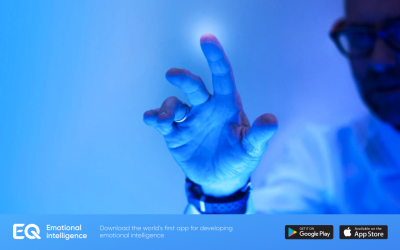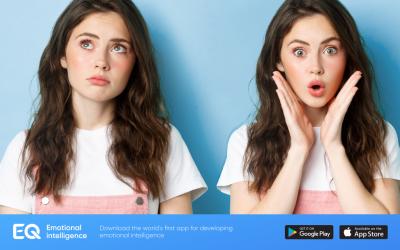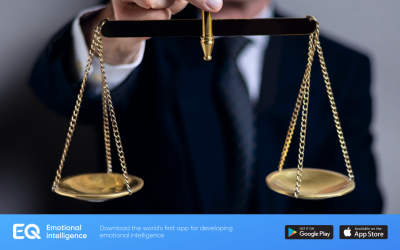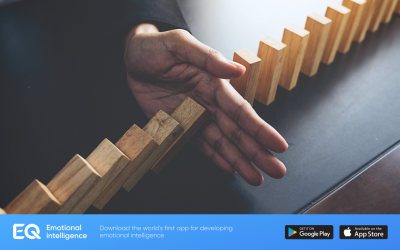Visuals, kinesthetics, discretes
When interacting with the world, we receive information about it through sensory channels (representational systems), and depending on the features of perception and processing of information, people can be divided into four categories: Visuals - receive most of the...
Phobia: a hundred names of one fear
Even Charles Darwin proved with his experiments that the leading and most significant emotion of human beings is fear. One of the basic causes of phobias is the purposeful avoidance of objects, signs, and situations that cause well-motivated fears, with a fairly high...
Continuous models of emotions
The essence of continuous models of emotions is that they explain and predict the transformation of emotional states. Can we feel joy after a great fright? Or how to go from anger to sadness? To what extent should one agree with the famous statement "from love to hate...
Enthusiasm
It may surprise many people that the original meaning of enthusiasm has to do with a passion for religion rather than a passionate or eager interest in general. And only at the beginning of the 18th century did this word begins to be used to describe strong feelings...
The psychology of Justice
What do people think is fair and what is unfair? Why is it so important that there be justice? How do they react to experiencing or observing injustice? Justice refers to the proper order of things and persons in society. As a concept, it has been the subject of...
Locus of control
Our life is full of actions and results. Each of us ascribes some locus of control over these outcomes. In psychology, locus of control is considered an important aspect of personality. The concept was originally developed by Julian Rotter in the 1950s. The main idea...






